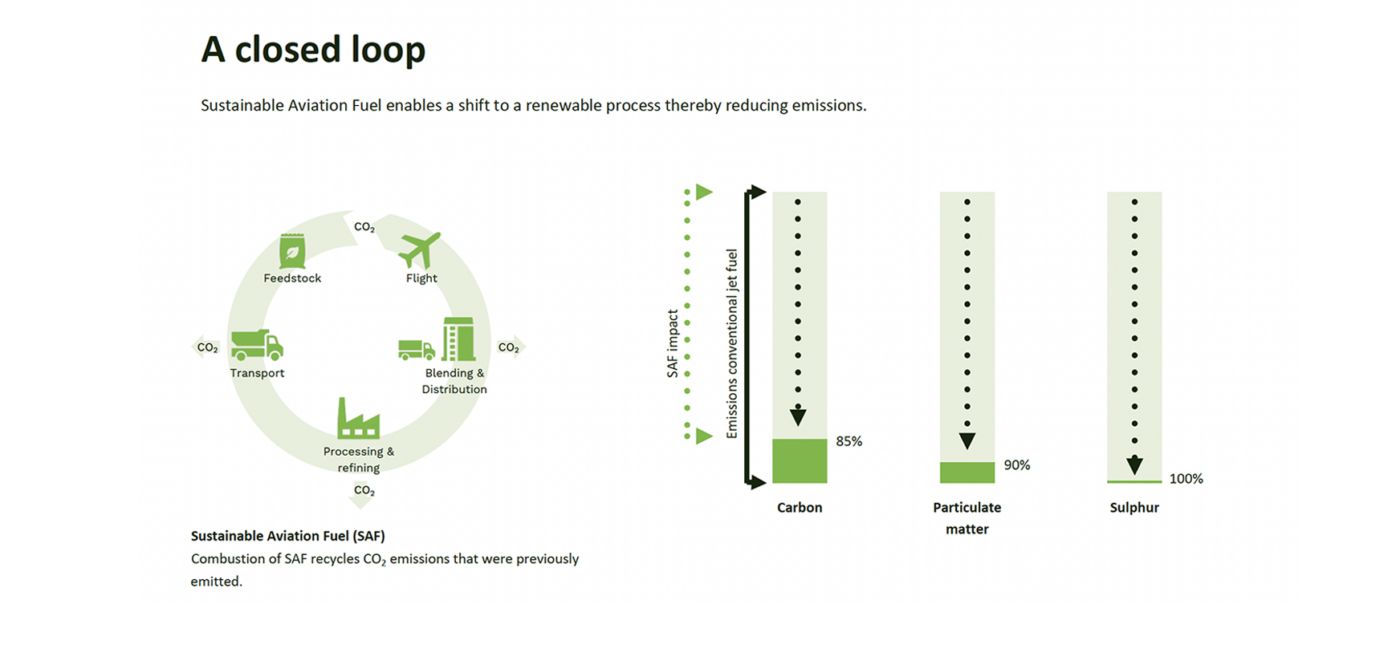White Desert Introduces Sustainable Aviation Fuel (SAF)
In a landmark first for any Antarctic operator in 2021 White Desert was the first organisation to purchase SAF for use in Antarctica.
Carbon reduction for an aviation-based organisation in Antarctica provided a technically complicated challenge. When the highest carbon source arises from aviation, logistics and flight planning in Antarctica, efficient aircraft can only reduce carbon emissions to a certain level.
We started exploring Sustainable Aviation Fuel (SAF), produced from waste oils and greases (as opposed to a bio-crops). Pure SAF produced from waste provides a carbon saving of 80% in comparison to conventional jet fuel. Current permitted SAF blends of 30-50% ( SAF: Jet A1) provide an overall carbon saving of 24-40%. SAF produced from waste also contributes to the circular economy and has lower emissions of soot and SOx, which is even more important when operating in Antarctic air quality.
In future seasons we propose the use of SAF for all Antarctic aviation activities, which will also contribute towards meeting our Science Based Targets set through the Pledge to Net Zero scheme.


-
Our Aircraft
Being the only company in the world to fly private aircraft to Antarctica, our emphasis has always been on luxury and safety. That same commitment extends to the ski-equipped aircraft that we use in the interior.
-
Wolf's Fang Runway
Using specialist techniques and machinery, we have created a runway that is uncompromising in its safety and with minimal delays. With experienced pilots flying over 25 flights a season, it is now regarded as a well-established and reliable airbridge between Africa and Antarctica.
-
Science Support
At the heart of White Desert’s mission is the desire to create a positive impact on Antarctica’s future through its tourism and science logistics programmes.